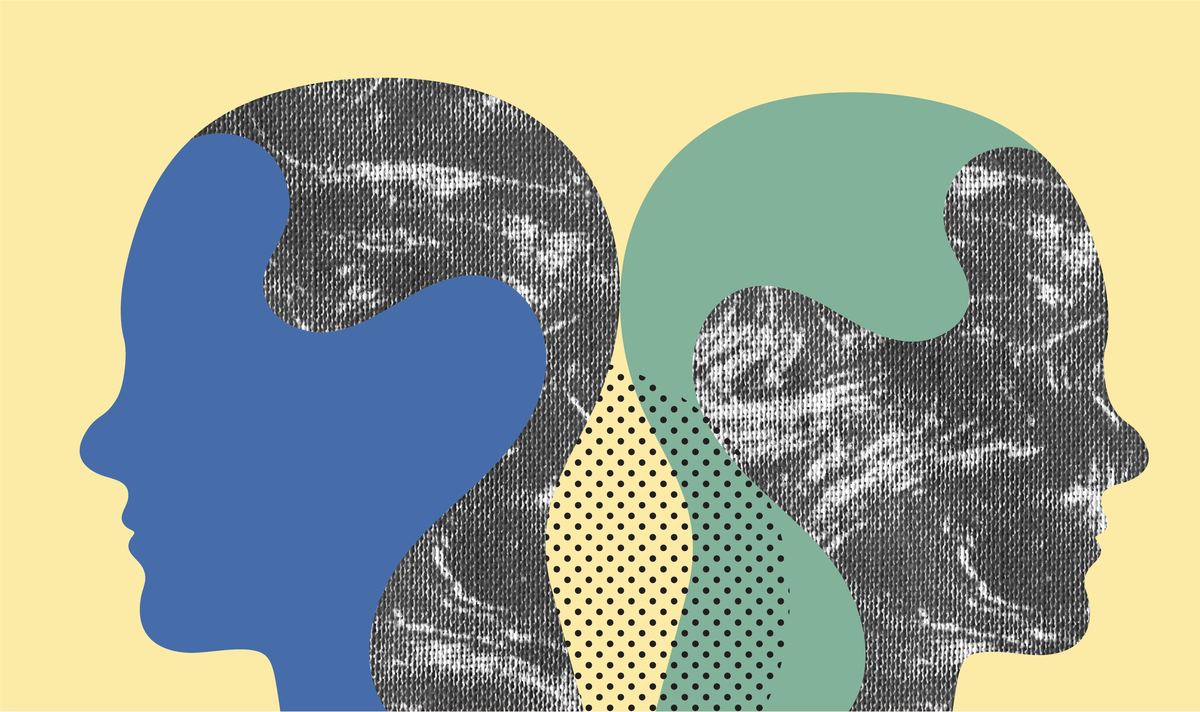‘Ice Bucket Challenge’ supporting youth mental health goes viral
Posts also called for mental health resources for LGBTQ+ youth and survivors of sexual abuse.

Posts also called for mental health resources for LGBTQ+ youth and survivors of sexual abuse.
Last month, a group of college students initiated an “Ice Bucket Challenge” to raise awareness about youth mental health, and some participants asked for more youth-centered mental health resources. Plus, posts highlighted mental health resources for LGBTQ+ youth and demanded more support for survivors of sexual abuse.
Given these conversations, communicators may circulate mental health resources for youth, LGBTQ+ people, and sexual abuse survivors.

Insights brought to you by the reporters and science writers of Public Good News (PGN), a nonprofit newsroom dedicated to improving community health.
What’s trending nationally in conversations about mental health
Last month, social media users across platforms began participating in an “Ice Bucket Challenge” (inspired by the 2014 Ice Bucket Challenge supporting ALS research) to raise money for Active Minds, a youth mental health organization, and more have joined in over the past week. To participate in the trend—started by University of South Carolina students—social media users record a video of themself being doused in ice water, share the video on social media with the hashtag #SpeakYourMIND, donate to Active Minds, and nominate others to participate. Some videos participating in the challenge received millions of views. While most comments focused on the physical feat of the Ice Bucket Challenge, some thanked participants for raising awareness about mental health and said that youth need more mental health support. A few suggested that youth mental health does not deserve as much attention as ALS, a fatal disease.
Several recent articles and social media posts highlighted a leaked federal budget proposal that would cut funding for specialized services for LGBTQ+ youth calling the 988 Suicide & Crisis Lifeline. While anyone can call 988 during a mental health crisis, the line currently connects callers in specific high-risk groups—like veterans and LGBTQ+ youth—to counselors trained to work with those communities. Social media posts across platforms criticized the budget proposal, noting that LGBTQ+ youth may benefit from speaking with counselors who can intricately understand their lived experiences. Some highlighted other mental health helplines that serve the LGBTQ+ community. However, some social media users alleged that specialized mental health services for LGBTQ+ youth are unnecessary, since anyone can call 988.

Recommendations brought to you by the health communication experts behind Infodemiology.com.
Recommendations for public health professionals
Each week, the Infodemiology.com team will provide messaging recommendations in response to some of the trending narratives outlined above. These helpful tips can be used when creating content, updating web and FAQ pages, and developing strategy for messaging about mental health.
The mental health version of the Ice Bucket Challenge provides an opportunity to recirculate mental health resources geared toward youth and college students, such as therapist databases, support groups, local mental health centers, and mental health helplines, including YouthLine. Sharing mental health coping tools for youth and college students is also recommended.
In light of conversations about LGBTQ+ youth and mental health, communicators may highlight tailored resources, including therapist databases where people can search for LGBTQ+-informed therapists, support groups, the Trevor Project’s hotline for LGBTQ+ youth, Trans Lifeline, and the LGBT National Help Center. In response to questions about the 988 Suicide & Crisis Lifeline, communicators may note that currently, those who call 988 have the option of connecting to a counselor trained to work with LGBTQ+ youth.
In response to discussions about mental health and sexual abuse, communicators may highlight the warning signs of sexual abuse and share local support groups and other resources for survivors, such as RAINN’s National Sexual Assault Hotline, the National Domestic Violence Hotline, the Indigenous-led StrongHearts Native Helpline, the National Human Trafficking Hotline, the National Sexual Assault Legal Hotline, and Love Is Respect, which supports teens experiencing dating abuse.
